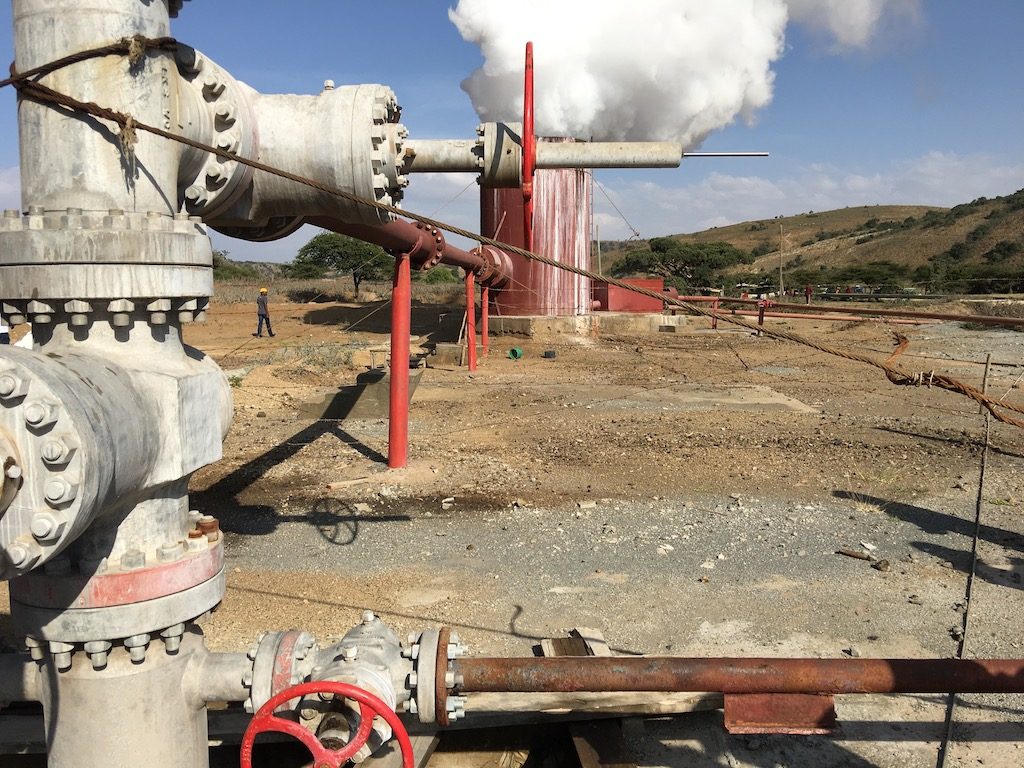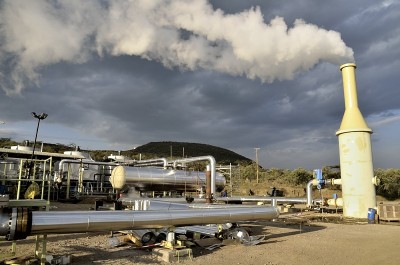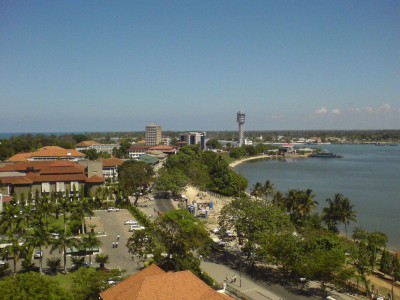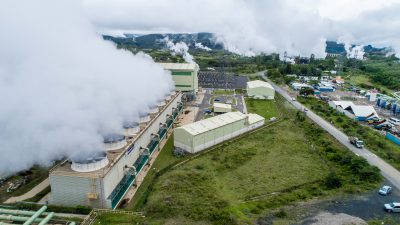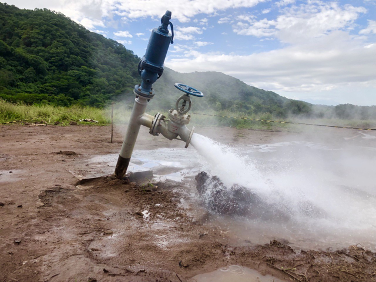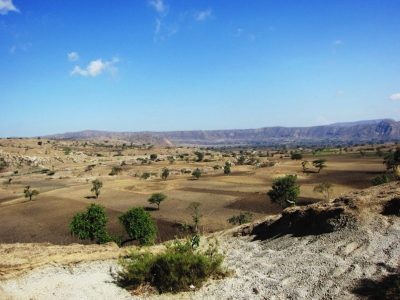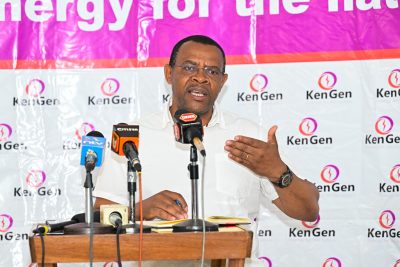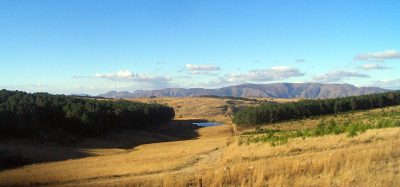Workshop highlights need for institutional capacity to tap Ethiopia’s geothermal potential
A recently held consultative workshop by the World Bank in Addis Ababa, highlighted the need for Ethiopia to set up the right institutions, regulatory body and human resources to be able to tap into its enormous geothermal energy potential.
In a workshop organised by the World Bank in Addis Ababa last week, energy experts advised the Ethiopian government to build its institutional capacity to tap into the huge geothermal energy resources. At this consultative workshop a team of geothermal experts stated that the country should set up the right institutions, regulatory body and human resource that can enable the country to tap into its enormous geothermal energy potential. The experts said that though Ethiopia has the potential to generate 10,000MW of electricity from its vast geothermal resources found in the east Africa rift system it has not yet reached development stage unlike its neighbor Kenya which is generating 650MW from geothermal resources. Though Ethiopia started exploring its geothermal potential in the 1970s the country’s geothermal sector is at its infant stage.
Minister of Water, Irrigation and Electricity, Sileshi Bekele (Eng.), said that in line with the Ethiopian government’s climate resilient green economy strategy, harnessing renewable energy resources is a priority for the country, adding that his Ministry supports the development, adoption and implementation of policies and regulations. Geothermal is a reliable source of energy and is environmentally friendly. “The Ministry promotes development and deployment of new and renewable energy technologies to address the growing energy demand and climate change concerns of the country,” Sileshi said. He pointed out that as geothermal resource is a reliable source of energy, environmentally sustainable and has high capacity factor his Ministry gives due to attention for the development of geothermal power projects.
Lucio Monari, director energy and extractives global practices with the World Bank Group, said that the Bank has been assisting Ethiopia in unlocking its potential in the geothermal structure. According to Monari, geothermal exploration is capital intensive and risky. “We think that the private and public sector can do more together in developing geothermal resources,” he said.
The Geological Survey of Ethiopia drilled eight wells in Aluto Langano between 1982 and 1985. Six wells were drilled in Tendaho between 1994-1995. The first geothermal power plant was set up at Aluto Langano 20 years ago. The pilot plant which had an installed capacity to generate seven megawatt is not operational at the movement. With the help of the World Bank and JICA a 70MW of geothermal power plant is being developed at Aluto Lango.
The Ethiopian government believes that geothermal is the second optimal energy resource to develop next to hydro power. Studies indicate that the country can generate 10,000 of electricity from geothermal resources. Ethiopian Electric Power plans to develop 2,500 MW by 2030 and 5,000 MW by 2037.
The Ethiopian government which enacted a new geothermal proclamation two years ago is attracting independent power producers. Power Purchasing agreements have been signed with two independent international energy firms to develop geothermal power plants with an aggregate generation capacity of 1,000 MW in Cobetti and Tulu Moye localities.
Source: Ethiopia Energy Mix
